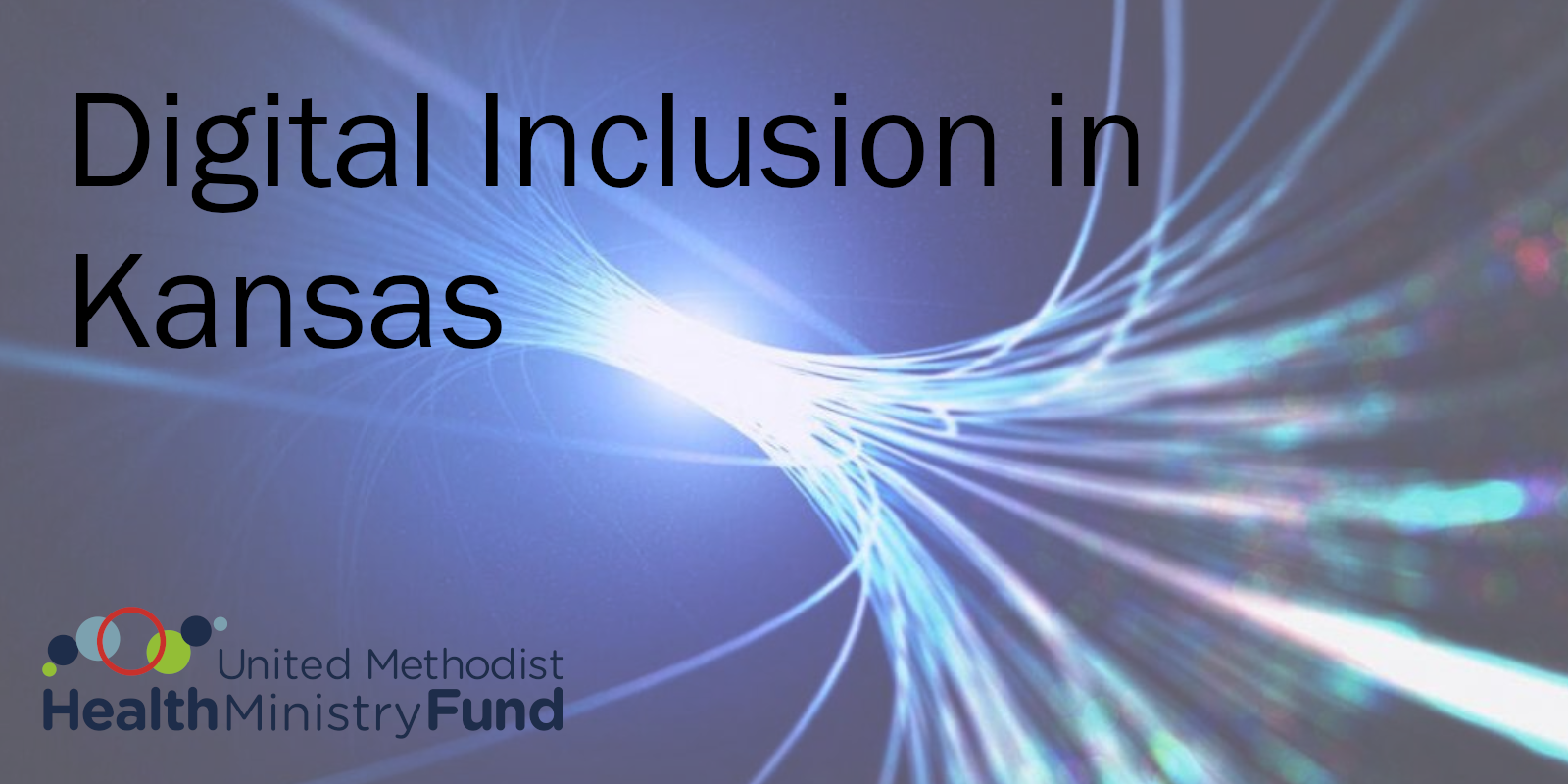
Access to high-speed internet isn’t a luxury. It is a necessity. Being connected impacts personal and community health, economic opportunity and well-being. It is a means to providing enhanced personal and societal well-being and accessing good jobs that rely on digital tools. Online connectivity is critical to Kansans ability to access human services such as health care, economic and personal development opportunities, skills development, and education.
As our world continues to rely on internet access to be a full participant, it is vital that digital access is available for all, especially our most vulnerable Kansans – communities of color and rural communities.
According to the UN, “Digital inclusion is defined as “equitable, meaningful, and safe access to use, lead, and design of digital technologies, services, and associated opportunities for everyone, everywhere”.
Making digital inclusion a reality in Kansas means as a state we need to build upon our strengths and address our challenges with solid solutions supported by our communities and our leadership. This includes:
- Having a digital infrastructure that serves all Kansans and eliminates redlining of communities.
- Having access to programs that makes the internet affordable for all Kansas families.
- Supporting consumer assistance, navigators and community health workers that help families access programs, address technical concerns and build digital literacy.
According to the Kansas Health Institute, nearly 30% of all Kansans do not have adequate internet access. This includes those that do not have high-speed internet in their area and those that do not have access to a proper device.
The goal of digital inclusion means looking at a variety of barriers including internet access, computer devices and digital literacy. Although a major barrier especially in our state of Kansas, digital exclusion is more than the structural barriers of connectivity.
But we have great news. The State of Kansas and our Governor, Laura Kelly, have made huge strides in correcting this digital divide. The Kansas Office of Broadband Development has several programs designed to find solutions across the state.
The Kansas Office of Broadband Development is currently undertaking an exciting five-year program to spread high speed internet access across the state through the Broadband Equity Access and Development (BEAD) program and the Digital Equity Act. This program is a federally funded program offering historic amounts of funding to address the digital divide.
The Capital Project Fund (CPF) is providing funding to make broadband connections in critical areas of the state that lack access to high-speed internet. The $83.5 million total CPF investment, combined with almost $42 million in matching funds, will result in more than 24,500 homes, businesses, schools, health care facilities, and other public institutions being connected to fast, reliable internet for the first time.
Grant programs like the Connectivity Emergency Response Grant (CERG) program and the Broadband Partnership Adoption Grant (BPAG) program were created to drive immediate access and long-term impact. Kansas is taking decisive and impactful action towards digital inclusion across the state.
The Health Fund continues to support statewide measures to address digital inclusion because finding solutions to this issue means improving social determinants of health. As a health foundation, we work to ensure families can access telehealth services through reliable means when and where they need it. At the United Methodist Health Fund, we will continue to be an active supporter in fighting for digital equity in Kansas.
The following presentation was delivered by David Jordan on October 5, 2023, as testimony to the FCC regarding broadband access in Kansas.
Back to All News